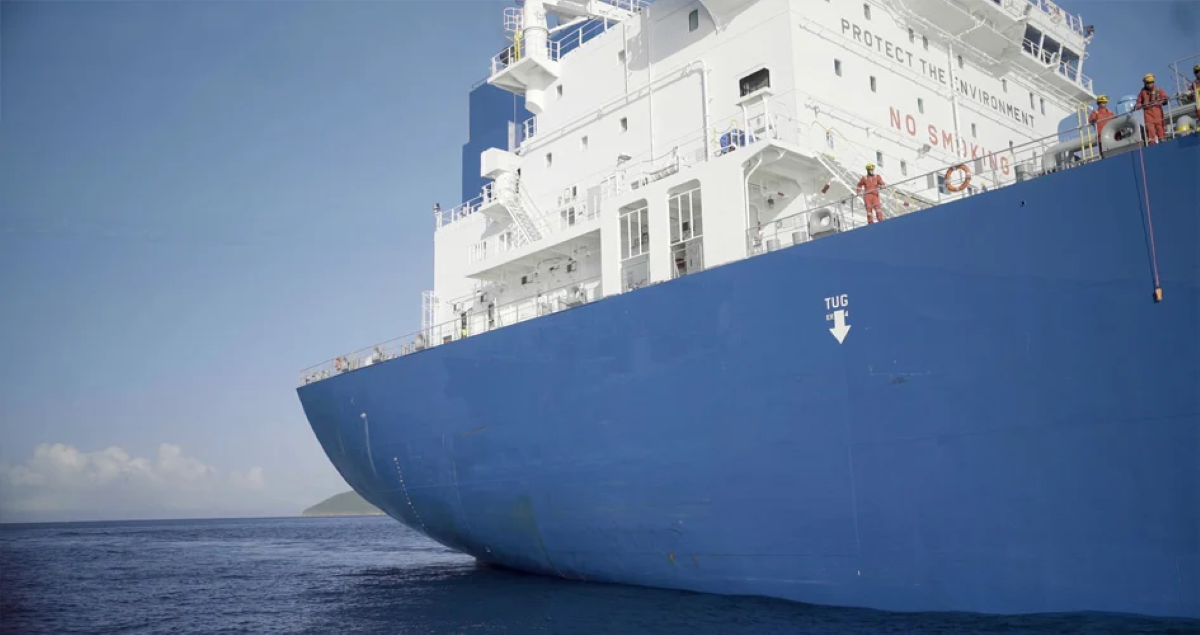Norwegian fertilizer producer Yara partners with bunker trading company Bunker Holding Group to promote clean ammonia as sustainable shipping fuel.
The partnership was sealed by signing an MOU between the two companies.
The MOU established the intention to collaborate to accelerate the development of the market for clean ammonia as a shipping fuel.
This agreement connects two key elements of the supply chain needed to use clean ammonia as a shipping fuel: a global supplier of clean ammonia and the largest bunker supplier today regarding end users.[1]
Yara Clean Ammonia leverages global ammonia production, logistics, and trade expertise to capitalize on growth opportunities in low-emission fuel, carbon-free food production, and industrial applications.
The news follows Yara and Cepsa’s partnership to establish the first clean hydrogen maritime corridor between Algeciras and Rotterdam, aiming to decarbonize European industry and maritime transport.
Yara Clean Ammonia, headquartered in Oslo, Norway, has the world’s largest network of 15 ships, 18 terminals, and multiple production and consumption sites.
In 2022, revenues and EBITDA reached US$4.422 billion and $249 million, respectively.
“We look forward to collaborating with Bunker Holding to support the acceleration of the net-zero carbon energy transition for the Shipping Industry with clean ammonia. Our global assets and logistical footprint, coupled with Bunker Holdings’ position as the world’s largest bunker player, will bring safety, reliability, and security of clean ammonia supply as shipping fuel and will add more resilience and robustness to developing this value chain in the future,” said Murali Srinivasan, SVP Commercial of Yara Clean Ammonia.
Bunker Holding is a global leader in marine fuel and lube oil procurement, supply, risk management, and shipping industry services. With 66 offices and 1,650 employees, the company operates in 30+ countries.
Adopting Ammonia as a Marine Fuel
Clean ammonia is one of the most effective alternatives for decarbonizing maritime transport.
Shipping companies aim to use sustainable fuel by 2026 to reduce CO2 emissions by up to 100% throughout their life cycle.
Sustainable fuel development contributes to the 2030 Agenda’s Sustainable Development Goals, including SDG 7 (affordable, clean energy), SDG 8 (decent work, economic growth), SDG 12 (responsible consumption and production), and SDG 13 (climate action).
References
- Yara, ‘Yara Clean Ammonia and Bunker Holding sign an MOU to develop the market for ammonia as a shipping fuel’, 23 June 2023, https://www.yara.com/corporate-releases/yara-clean-ammonia-and-bunker-holding-sign-an-mou-to-develop-the-market-for-ammonia-as-a-shipping-fuel/[↩]





